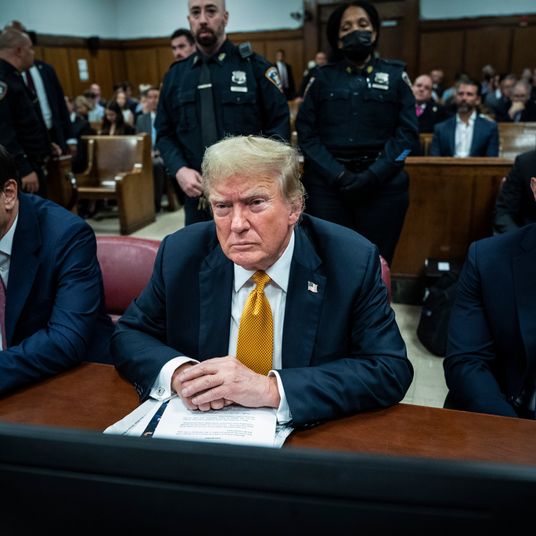The Committee awarded this year’s prize to President Ellen Johnson-Sirleaf of Liberia, her countrywoman and peace activist Leymah Gbowee, and Yemeni journalist–democracy advocate Tawakul Karman. Especially after a year of such tumult in that part of the world, the selection of three women from Arab and African countries sends a clear signal “designed to give impetus to the cause for women’s rights around the world,” as the Times put it. ““We cannot achieve democracy and lasting peace in the world unless women obtain the same opportunities as men to influence developments at all levels of society,” read the official prize citation. Speculative lead-up to the prize announcement focused on whether the prize would go to leaders from the Arab Spring revolutions, or only to Johnson-Sirleaf, who’s been outspoken on the subject of women holding power in Africa.
Johnson-Sirleaf, a Harvard-trained economist who was the subject of a fascinating New Yorker profile a few years back, is lionized internationally for her work towards progress in civil-war-battered Liberia, but still can’t quite shake her long-ago, brief association with Charles Taylor (pretty much the opposite of a Nobel Peace Prize winner) on her home turf. Gbowee heads the group Women for Peace, which mobilized both Christian and Muslim women to protest against the fighting during and after the country’s civil war.
Karman, just 32, was a crucial figure in and outspoken spokeswoman for the Yemeni protest movement this year. Her selection, according to some, sent its own signal.





























